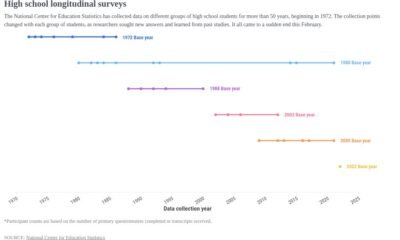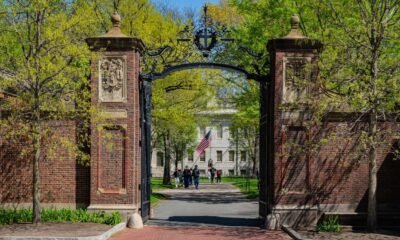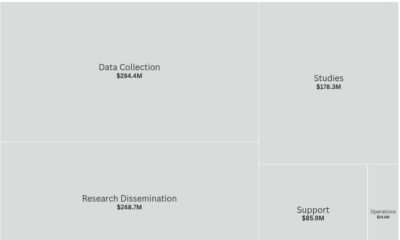Travel Guides & Articles
Trump signs travel ban on nationals from 12 countries, restrictions on 7 more

President Trump on Wednesday signed a proclamation barring travelers and immigrants from a dozen countries and restricting the entry of nationals of another seven nations, citing concerns about national security.
Mr. Trump’s proclamation fully bans the entry of foreigners from Afghanistan, Myanmar, Chad, the Republic of the Congo, Equatorial Guinea, Eritrea, Haiti, Iran, Libya, Somalia, Sudan and Yemen. With certain exemptions, Mr. Trump’s order bans citizens of those countries seeking to come to the U.S. permanently as legal immigrants, as well as temporary visa holders, like tourists.
The president also partially suspended the entry of travelers and immigrants from Burundi, Cuba, Laos, Sierra Leone, Togo, Turkmenistan and Venezuela. That part of his proclamation applies to all prospective immigrants from these countries with visas to settle in the U.S. permanently and certain temporary visa holders.
The ban is set to take effect at 12:01 a.m. on Monday, June 9.
Mr. Trump said the sweeping entry restrictions were necessary to address concerns related to terrorism in the countries listed in the order, inadequate vetting of the affected nationals and the lack of cooperation on deportations among some of the nations.
CBS News
“President Trump is fulfilling his promise to protect Americans from dangerous foreign actors that want to come to our country and cause us harm. These commonsense restrictions are country-specific and include places that lack proper vetting, exhibit high visa overstay rates, or fail to share identity and threat information. President Trump will always act in the best of interest of the American people and their safety,” White House spokeswoman Abigail Jackson told CBS News.
Mr. Trump’s decree contains certain exemptions, including for U.S. permanent residents, the spouses and children of U.S. citizens who have “clear and convincing evidence of identity and family relationship,” Afghans who assisted American forces and have special visas, diplomats, athletes and dual nationals with a passport from a country not listed in his proclamation.
The announcement of the ban follows an attack Sunday in Boulder, Colorado, on marchers raising attention for Israelis taken hostage by Hamas. The suspect was identified by U.S. officials as an Egyptian national who had overstayed his tourist visa.
While Mr. Trump did not place any restrictions on the entry of Egyptian nationals, his proclamation directed officials to assess the “adequacy” of Egypt’s vetting policies, “in light of recent events.”
In a video statement released by the White House Wednesday night, Mr. Trump said the Boulder attack “underscored the extreme dangers posed to our country by the entry of foreign nationals who are not properly vetted, as well as those who come here as temporary visitors and overstay their visas. We don’t want them.”
He said the list could be revised if countries make material improvements, and new countries could be added as threats emerge.
Mr. Trump’s actions echo a series of travel bans issued during his first administration that initially targeted predominantly Muslim countries. Like those orders, his latest proclamation could be subject to lawsuits.
In the first month of his first term, January 2017, Mr. Trump signed a travel ban restricting the entry of most citizens of Iran, Iraq, Libya, Somalia, Sudan, Syria and Yemen. The move triggered widespread outcry, chaos at airports and legal challenges from advocates who argued the ban was discriminatory.
In March 2017, Mr. Trump removed Iraq from the list and added Chad, Venezuela and North Korea. In 2020, he expanded the ban, adding immigration restrictions for nationals of Nigeria, Eritrea, Sudan, Tanzania, Myanmar and Kyrgyzstan. Chad was later removed from the list.
The third version of Mr. Trump’s first-term ban was ultimately upheld by the Supreme Court in the summer of 2018, with the conservative justices citing the president’s broad authority to restrict the entry of foreigners on national security grounds. The Biden administration scrapped that ban after it took office.
Travel Guides & Articles
Travel Meerut To Prayagraj In JUST 6 Hours News24 –
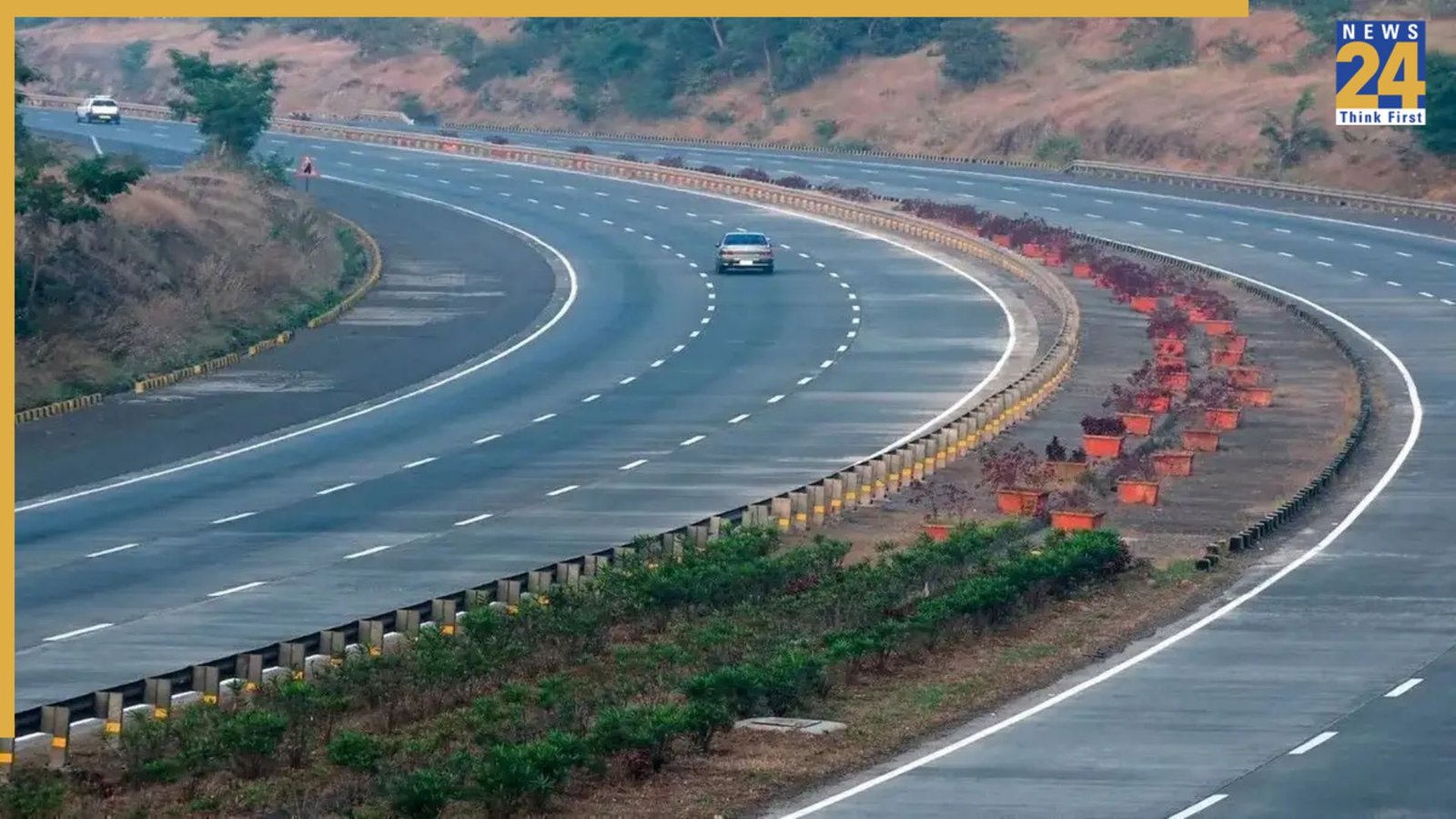
The work of the Ganga Expressway, being constructed from Meerut to Prayagraj is now moving towards completion. Especially in the Hasanpur tehsil of the Amroha district, this expressway has been completely completed. Now, only the final work is going on, which is almost complete. It is expected that vehicles will start running on this route in the coming month.
The construction of a 23.60 km-long expressway in the Hasanpur area is planned to be completed by 12 October 2025, although road construction and lighting work have already been completed here. The work of laying a pipeline for drainage of rainwater has also been completed.
An overbridge and T-point have been prepared on the Hasanpur-Rahra road in Mangrola. Four toll plazas have also been built on both sides of this T-point. Apart from this, the construction of the bridge over the Ganga River in Pandapur has also been completed.
Officials say that some finishing work was stopped due to rain, which will be completed within the next one month. At the same time, sources say that the 594 km-long Ganga Expressway extending from Meerut to Prayagraj will be opened in the month of November, as reported by Jagran.
With the opening of the expressway, it will become very easy to cover the distance from Meerut to Prayagraj. People of Amroha will also get convenience in traveling to both the cities. This route will prove to be very useful for the devotees coming to the Tigri fair from Prayagraj and nearby districts. Also, devotees of Meerut, Hapur and Amroha will now be able to reach Sangam bath easily.
Apart from this, lawyers and litigants of western Uttar Pradesh will get great relief in reaching the Prayagraj High Court. They will be able to leave their home in the morning and return the same day after pleading their case in Prayagraj, as per media reports.
Travel Guides & Articles
A grown-up guide to India: How to ace the Golden Triangle and Mumbai – London Evening Standard
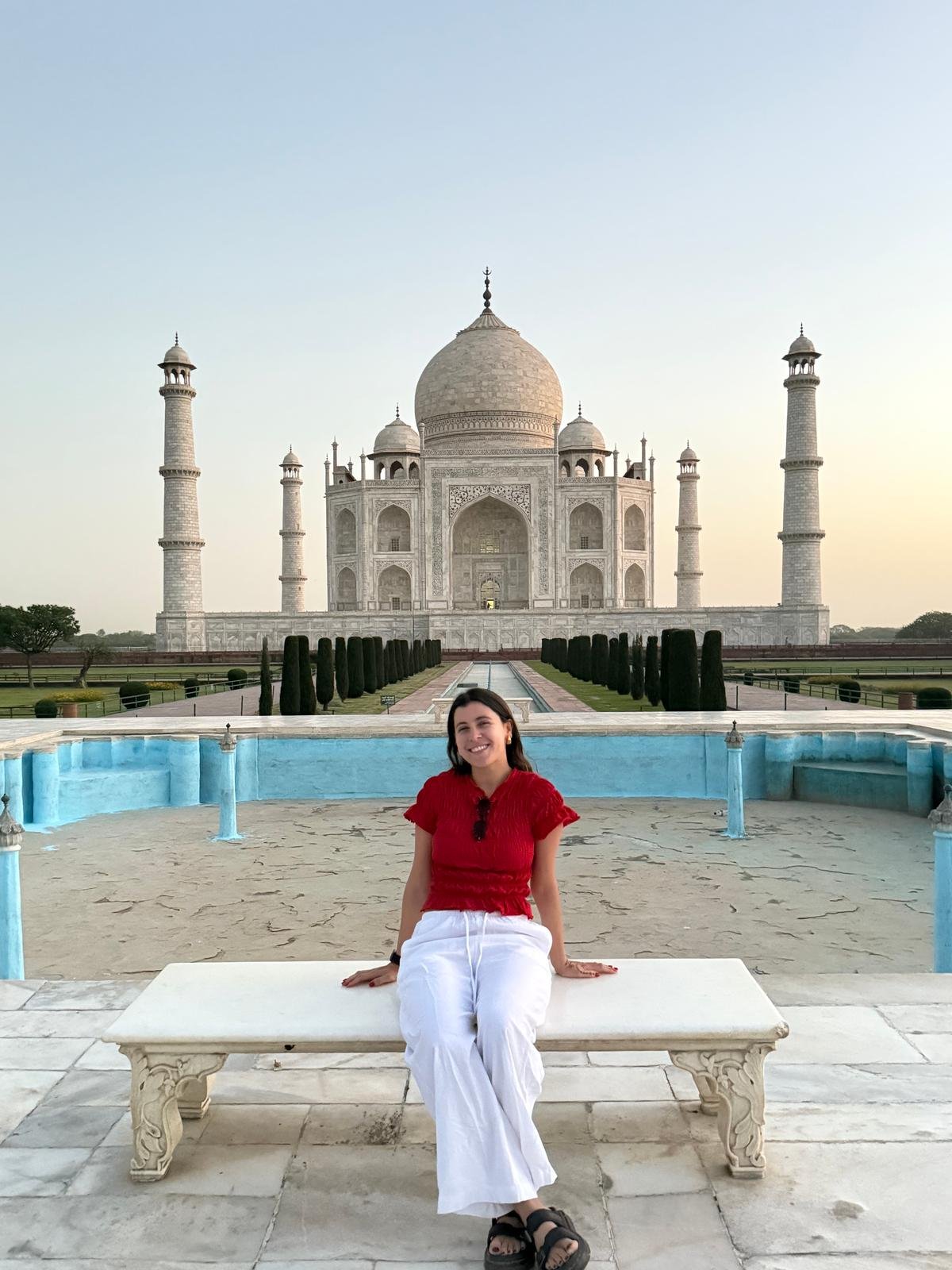
A grown-up guide to India: How to ace the Golden Triangle and Mumbai London Evening Standard
Source link
Travel Guides & Articles
Delhi’s Bhai Dooj gift: Pink Card registration to begin from mid October; free bus travel for women
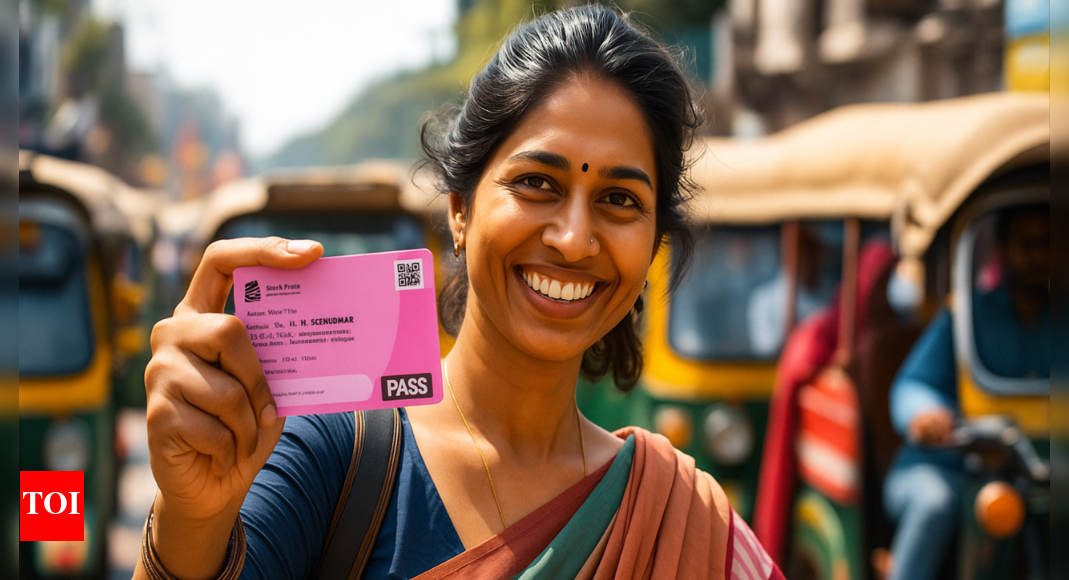
The Delhi government is set to launch the registration process for its Pink Card, a lifetime free bus travel pass for women, from mid-October, as a Bhai Dooj gift to the women of the national capital.According to a senior transport department official, the Pink Card will be valid for a lifetime and aims to make public transport easier and more accessible. The initiative will replace the existing paper-based ticket system with the ‘Saheli Smart Card’, described as a permanent and personalised pass designed to provide women with unrestricted and secure travel on government-run buses.He said registration for the card is expected to begin in October, allowing “Delhi’s daughters and sisters to avail unlimited free travel as a token of the government’s commitment towards their welfare.” The exact launch date and procedure will be finalised in a meeting scheduled for the coming week.The card will also enhance safety and reduce inconvenience by eliminating the need for daily paper tickets, offering instead a hassle-free smart card.Plans for the Saheli Smart Card were first outlined in July. At the time, officials confirmed that it would carry the holder’s name and photograph and would be available to women and transgender residents of Delhi aged 12 years and above. The card, issued under the National Common Mobility Card (NCMC) framework, will allow free travel on all DTC and Cluster buses and can also be recharged and used across other transit services.“To obtain the card, applicants must be bona fide residents of Delhi, aged 12 years or above, and have valid proof of address. They must register online through the DTC portal, select a participating bank, and complete full KYC verification at the chosen bank branch,” the official told PTI.The list of required documents includes Aadhaar, PAN, proof of residence in Delhi, a passport-size photograph, and any additional paperwork specified under the bank’s KYC norms. Once the KYC process is completed, the issuing bank will dispatch the card directly to the applicant’s registered address.The Delhi government has invited Expressions of Interest (EoI) from banks and financial institutions to support the card’s roll-out. Officials clarified that while the government will not charge users for the free travel scheme, banks may impose a small fee for issuing or maintaining the card. In the event of loss, the cardholder must inform the issuing bank, which may replace it under its own policies.Before it can be used, the card must be activated through the Automatic Fare Collection System (AFCS) of DTC. While topping up will enable use across other public transport services, the free travel facility will apply only to DTC and Cluster buses.“No card will be issued directly by DTC. Registration is completely online through the DTC portal, and cards are issued only after full KYC verification by the selected bank,” the official added.The chief minister has previously criticised the old pink ticket system, introduced under the AAP government, arguing that it was prone to corruption.
-

 Business2 weeks ago
Business2 weeks agoThe Guardian view on Trump and the Fed: independence is no substitute for accountability | Editorial
-
Tools & Platforms1 month ago
Building Trust in Military AI Starts with Opening the Black Box – War on the Rocks
-

 Ethics & Policy2 months ago
Ethics & Policy2 months agoSDAIA Supports Saudi Arabia’s Leadership in Shaping Global AI Ethics, Policy, and Research – وكالة الأنباء السعودية
-

 Events & Conferences4 months ago
Events & Conferences4 months agoJourney to 1000 models: Scaling Instagram’s recommendation system
-

 Jobs & Careers2 months ago
Jobs & Careers2 months agoMumbai-based Perplexity Alternative Has 60k+ Users Without Funding
-

 Podcasts & Talks2 months ago
Podcasts & Talks2 months agoHappy 4th of July! 🎆 Made with Veo 3 in Gemini
-

 Education2 months ago
Education2 months agoMacron says UK and France have duty to tackle illegal migration ‘with humanity, solidarity and firmness’ – UK politics live | Politics
-

 Education2 months ago
Education2 months agoVEX Robotics launches AI-powered classroom robotics system
-

 Podcasts & Talks2 months ago
Podcasts & Talks2 months agoOpenAI 🤝 @teamganassi
-

 Funding & Business2 months ago
Funding & Business2 months agoKayak and Expedia race to build AI travel agents that turn social posts into itineraries










